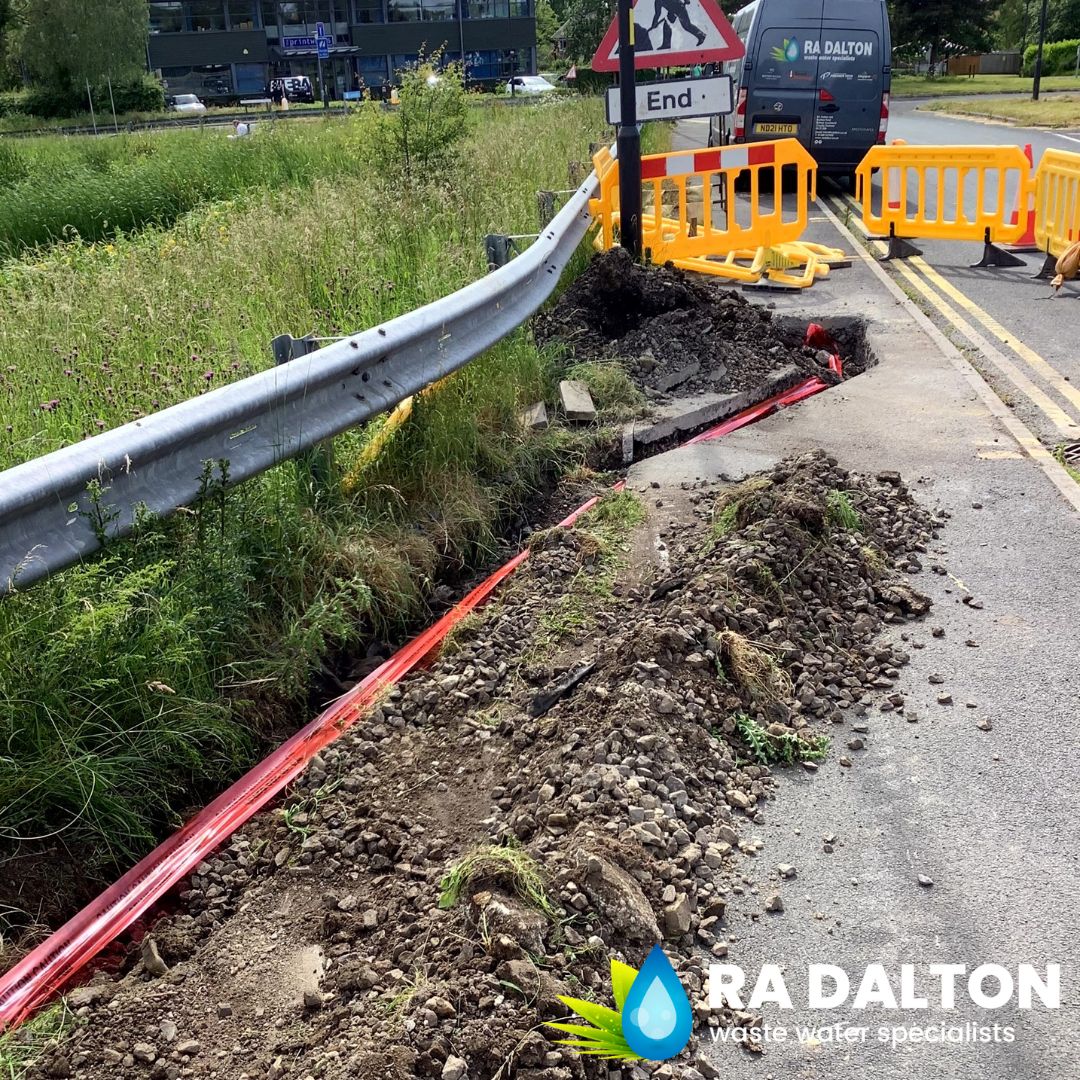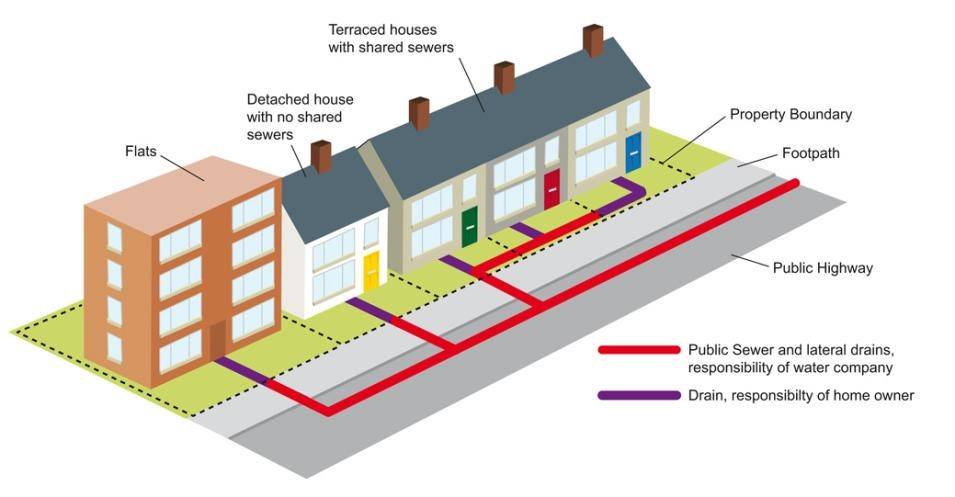Off grid living Devon presents a unique blend of challenges and rewards. This burgeoning lifestyle, increasingly popular in the picturesque county of Devon, requires careful planning and consideration of various factors. From navigating the complex legal landscape of planning permissions and resource management to selecting suitable land and mastering sustainable living practices, off-grid living in Devon demands a comprehensive understanding of its intricacies.
This guide delves into the essential aspects of this lifestyle, providing insights into the legal requirements, resource management, community dynamics, and financial implications involved.
This exploration covers everything from securing the necessary planning permissions and understanding water and waste disposal regulations to choosing appropriate land and establishing sustainable energy sources. We’ll examine the diverse off-grid communities already thriving in Devon, sharing their experiences and perspectives to paint a realistic picture of this alternative way of life. The financial aspects, including initial investment and ongoing maintenance costs, will also be addressed, providing a clear overview of the financial commitment required.
Legalities and Regulations of Off-Grid Living in Devon
Embarking on an off-grid lifestyle in Devon requires careful navigation of the region’s planning permissions, building regulations, and environmental stipulations. Understanding these legal frameworks is crucial for a smooth and compliant transition to off-grid living.
Planning Permissions and Building Regulations for Off-Grid Dwellings
Devon’s planning authorities, such as the individual district councils, have specific requirements for off-grid dwellings. These typically involve obtaining planning permission for any new structures or significant alterations to existing ones. Building regulations ensure the safety and structural integrity of the dwelling, encompassing aspects like insulation, fire safety, and sanitation. Specific requirements vary depending on the location and the nature of the proposed development.
Detailed plans and supporting documentation are usually necessary for approval.
Legal Requirements for Water Sourcing and Waste Disposal
Securing a reliable and legal water source is paramount. This may involve obtaining consent to abstract water from a well, borehole, or river, subject to the Environment Agency’s regulations. Waste disposal systems must also comply with local regulations. Options include septic tanks, composting toilets, and reed bed systems, each with specific planning and environmental permits. The specifics depend heavily on the location and local council guidelines.
Comparison of Legal Frameworks Across Devon Districts
While overarching national regulations apply, each district council in Devon may have its own local planning policies and interpretations. For example, some districts might be more lenient towards certain types of off-grid systems than others. It is vital to contact the relevant district council for precise information regarding their specific requirements before embarking on any off-grid project. Differences may relate to permitted building materials, allowable water abstraction levels, and accepted waste disposal methods.
Permitting Process for Different Off-Grid Systems
| System | North Devon Council | Torbay Council | Teignbridge District Council | Plymouth City Council |
|---|---|---|---|---|
| Water Source (Well/Borehole) | Requires Environmental Permitting | Requires Environmental Permitting and Planning Permission (in some cases) | Requires Environmental Permitting and Planning Permission (in some cases) | Requires Environmental Permitting and Planning Permission (in some cases) |
| Electricity (Renewable) | Generally requires planning permission for larger systems | Generally requires planning permission for larger systems | Generally requires planning permission for larger systems | Generally requires planning permission for larger systems |
| Waste Disposal (Septic Tank) | Requires planning permission and compliance with drainage regulations | Requires planning permission and compliance with drainage regulations | Requires planning permission and compliance with drainage regulations | Requires planning permission and compliance with drainage regulations |
Suitable Land and Property Options in Devon for Off-Grid Living
Finding the right land or property is a critical step in the off-grid journey. Devon offers diverse options, each with its own set of advantages and disadvantages. Careful consideration of factors such as accessibility, resources, and planning restrictions is essential.
Types of Land Suitable for Off-Grid Living
Devon’s varied landscape presents several possibilities. Woodland provides seclusion and natural resources, while farmland offers space and potential for self-sufficiency. Coastal areas might offer stunning views but come with unique challenges regarding access and weather. Each type presents specific considerations regarding soil quality, access to water, and potential planning restrictions.
Examples of Existing Off-Grid Properties
While specific listings change frequently, it’s possible to find properties marketed as suitable for off-grid living through estate agents specializing in rural properties in Devon. These might be renovated barns, converted farm buildings, or even smallholdings with existing off-grid infrastructure. Challenges can include the condition of existing systems, the need for upgrades, and the potential for limited access.
Purchasing vs. Renting Land for Off-Grid Living
Purchasing land offers greater control and long-term security but requires a significant upfront investment. Renting offers flexibility and lower initial costs but lacks the same level of permanence and potential for investment. The best option depends on individual financial circumstances and long-term goals.
Factors to Consider When Choosing Land
- Accessibility: Consider road access, proximity to services, and potential for isolation.
- Resources: Assess water availability (well potential, springs, rainwater harvesting potential), and proximity to renewable energy sources.
- Soil Quality: Determine suitability for growing food or supporting structures.
- Planning Restrictions: Check for any limitations on building, development, or land use.
- Services: Evaluate proximity to essential services (if any are desired) such as healthcare and internet access.
Essential Resources and Infrastructure for Off-Grid Living in Devon
Establishing a self-sufficient off-grid system requires careful planning and the implementation of reliable infrastructure for water, energy, and waste management. Devon’s climate and landscape influence the most suitable technologies.
Methods for Obtaining Potable Water
Rainwater harvesting is a common method, involving the collection and filtration of rainwater for drinking and domestic use. Well drilling may be an option, subject to planning permission and water resource regulations. The choice depends on rainfall patterns, soil type, and local regulations.
Off-grid living in Devon is gaining popularity, with many seeking self-sufficiency and a simpler lifestyle. However, those considering this path might find valuable insights by researching similar communities elsewhere, such as by exploring the experiences detailed in this article on off grid living Washington state. Understanding the challenges and rewards in different geographical locations can inform decisions for those planning an off-grid existence in Devon.
Renewable Energy Sources for Devon
Devon’s climate is suitable for solar power, especially in the south. Wind power can be viable in exposed locations. Hydropower may be an option in areas with sufficient water flow, but this usually requires significant investment and planning permissions. The selection depends on the specific location and available resources.
Waste Management Systems, Off grid living devon
Composting toilets offer a sustainable and environmentally friendly alternative to traditional sewage systems. Septic tanks remain a viable option, but require careful siting and maintenance, and adherence to strict regulations. Greywater recycling systems can be implemented to reuse wastewater for irrigation.
Schematic Diagram of a Typical Off-Grid System
A typical off-grid system in Devon might involve rainwater harvesting for potable water, supplemented by a well if necessary. Solar panels provide electricity, potentially supplemented by a wind turbine. A composting toilet handles human waste, and greywater is recycled for garden irrigation. A septic tank might be used as a backup for wastewater. The system is designed to minimize reliance on external utilities and maximize resource efficiency.
Community and Social Aspects of Off-Grid Living in Devon
The social dynamics of off-grid living in Devon vary depending on location and the degree of isolation. While it offers peace and quiet, it also presents challenges related to social integration and access to community resources.
Challenges and Benefits of Remote Living
The benefits include peace, quiet, and connection with nature. Challenges may include limited access to services, social isolation, and the need for self-reliance. The balance between these aspects varies considerably depending on the specific location and the individual’s social needs and preferences.
Examples of Existing Off-Grid Communities
While not formally organized “communities” in the traditional sense, clusters of off-grid properties can exist in more remote areas of Devon. These often develop informal networks of support and resource sharing among neighbours. The nature of these interactions varies significantly depending on the personalities and needs of the individuals involved.
Social Integration in Different Areas
Social integration can be easier in areas with established rural communities, where off-grid dwellers can become part of the existing social fabric. In more isolated areas, social integration might be more challenging, requiring greater self-reliance and proactive efforts to connect with others.
Stories from Off-Grid Dwellers
One Devon resident, a former teacher named Eleanor, chose off-grid living to escape the pressures of city life. She describes a slower pace of life, characterized by tending her garden, foraging for wild foods, and engaging in local community events. She acknowledges the challenges of maintaining her systems but emphasizes the deep sense of satisfaction derived from self-sufficiency and connection with nature.
Another individual, a retired carpenter named Arthur, chose a more isolated location, finding solace in the solitude. He values his independence but admits to occasionally missing the convenience of readily available services.
Financial Considerations and Costs of Off-Grid Living in Devon
The financial implications of off-grid living in Devon are significant. Initial setup costs are substantial, and ongoing maintenance requires careful budgeting. A comparison with traditional living helps illustrate the trade-offs involved.
Initial Investment Costs
The initial investment depends on the chosen systems and the scale of the project. Land acquisition, building or renovation, water system installation (well drilling, rainwater harvesting), renewable energy system installation (solar, wind), and waste disposal system setup all contribute to substantial upfront costs. These costs can easily reach hundreds of thousands of pounds.
Ongoing Maintenance and Operational Costs
Ongoing costs include system maintenance (e.g., septic tank emptying, solar panel cleaning), repair and replacement of components, and potential fuel costs if backup systems are used. These costs vary depending on the complexity of the systems and their lifespan.
Comparison with Traditional Living
While initial costs are higher for off-grid living, long-term operational costs can be lower, especially concerning energy and water bills. However, the need for self-maintenance and potential repair costs must be factored into the overall financial picture. A detailed cost-benefit analysis is crucial before making a decision.
Cost Comparison of Different Off-Grid Systems

Source: co.uk
| System | Initial Cost (Estimate) | Annual Running Cost (Estimate) |
|---|---|---|
| Solar PV (5kW) | £10,000 – £15,000 | £50 – £100 |
| Wind Turbine (small) | £5,000 – £10,000 | £100 – £200 (maintenance dependent) |
| Rainwater Harvesting System | £1,000 – £3,000 | £50 – £100 (maintenance dependent) |
| Septic Tank Installation | £5,000 – £10,000 | £200 – £500 (emptying and maintenance) |
Final Summary: Off Grid Living Devon

Source: co.uk
Embarking on off-grid living in Devon requires meticulous preparation and a commitment to sustainable practices. While the challenges are undeniable, the rewards – a closer connection to nature, greater self-sufficiency, and a unique lifestyle – are equally compelling. This guide has aimed to provide a comprehensive overview of the essential considerations, from navigating the legal framework and securing resources to understanding the community dynamics and managing the financial aspects.
Ultimately, the decision to embrace off-grid living in Devon is a deeply personal one, but with careful planning and a realistic understanding of the involved complexities, it can be a fulfilling and rewarding experience.
